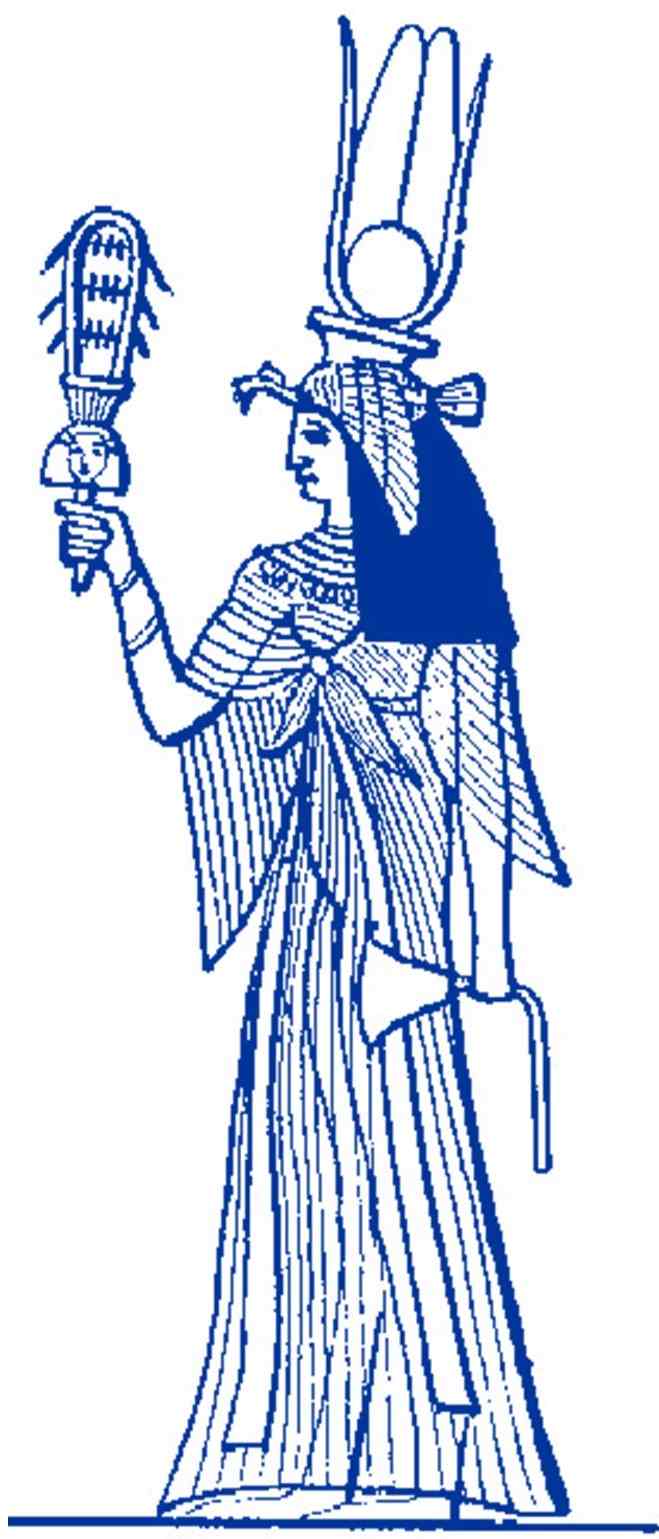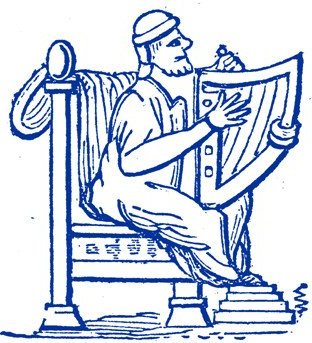
The following list (or non-alphabetical index!) gives details of each of the music features on this website. More will be added from time to time.
Please click on one of the titles below (or the sub-menu above) to go to a specific feature.
Please click on one of the titles below (or the sub-menu above) to go to a specific feature.
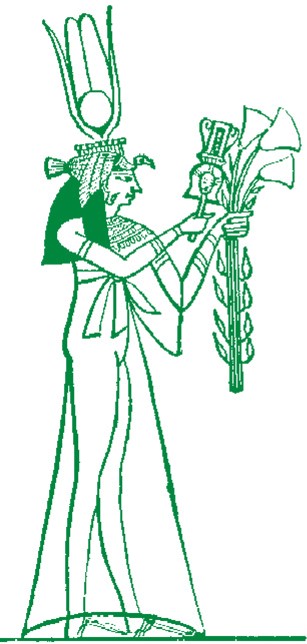
Searching for the music of Ianthe Dalway (1908-1968) and information about her Castlewellan-born husband, the trumpet player, Cecil Kidd (1908-1978).
In the process, there’s much of interest to be gleaned about Ianthe’s highly creative parents and their publications and broadcasts.
Ianthe and Cecil met at London’s Royal College of Music where both held scholarships. Ianthe Dalway was a pupil of Vaughan Williams. Her orchestral Nocturne was described as having ‘an arresting harmonic sense ... always personal and individual. The scoring is quite masterly ...an outstanding piece of much promise.’
Cecil Kidd was Principal Trumpet in several BBC orchestras over many years and became one of the great teachers at the Royal Northern College of Music in Manchester - remembered today by those who win one of the RNCM’s performance prizes in his name.
David Byers was commissioned to write this book by Reclaim the Enlightenment and Harp Ireland in 2022 to mark the 230th anniversary of the celebrated meeting of harpers in Belfast. Published by The Irish Pages Press, the book covers the Granard meetings, balls and suppers (1784-1786), the 1792 Belfast meeting, Edward Bunting’s three Collections and the two Belfast Harp Societies - all set against the backdrop of the political shenanigans of the time.
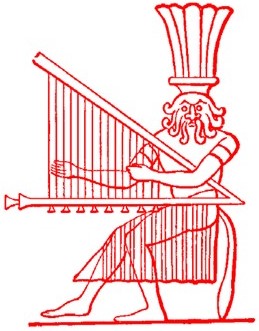
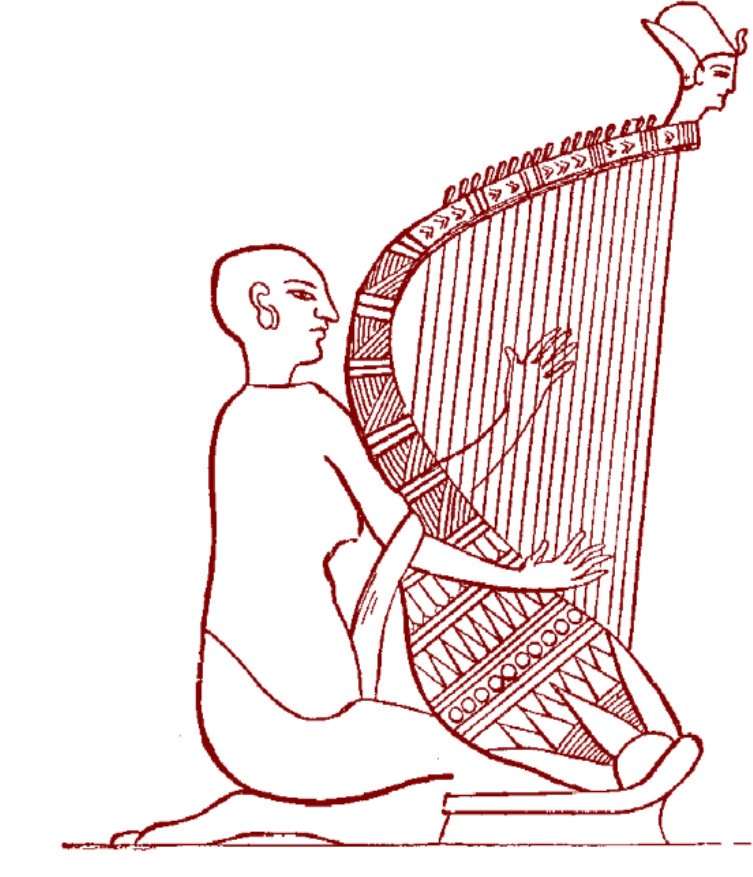
A portrait in words and pictures of Edward Bunting (1773-1843), organist, pianist, concert promoter and, above all, the collector and arranger of traditional Irish airs from the old Irish harpers, particularly those at Belfast’s Meeting of Harpers in 1792. His three collections date from 1796/97, 1809 and 1840. Also includes information about Belfast’s first church organs and the organ builder and harp-maker, Stephen White.
Read about Bunting - a wayward and pettish musician!
Including some visiting orchestras. Here you will find concert programme covers, players’ lists, conductors’ details, reviews and a selection of comprehensive concert repertoire listings from DB’s Orchestral Concerts’ Database. Search for the Ulster Orchestra, BBC Northern Ireland Orchestra, City of Belfast Orchestra, David Curry, and much more. Work in progress.
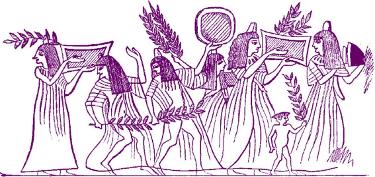
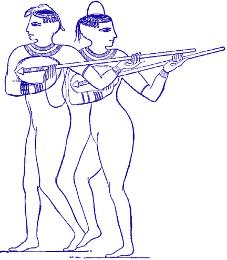
Cooking with traditional Irish dance tunes - Tom Cooke’s Peleus and Thetis reworked as Thingummy-Jig for wind quintet
Thomas Simpson Cooke (1783-1848) was a Dublin-born singer, instrumentalist and composer, who enjoyed great success in London from 1813 onwards - at Drury Lane, the Vauxhall Gardens and the Philharmonic Society. David Byers’s wind quintet, Thingummy-Jig, is a reworking of Tom Cooke’s Overture to Peleus and Thetis, first performed at the Theatre Royal, Crow Street, Dublin, on 6 Jan 1802. This feature explores the theatrical background to Cooke’s original medley overture of Irish dance tunes and seeks to identify the traditional melodies used by Cooke.
A brief biography of John Christopher Pepusch (1667-1752) and an introduction and critical commentary for David Byers’s edition (published by Universal Edition, 1987) of a fascinating 12 movement Voluntary. The music was most likely written for the 1724 Renatus Harris organ in St Dionis, Backchurch, London - a Christopher Wren church demolished in 1878. As an appendix, there’s a PDF of a 4 movement Voluntary in C, attributed to Pepusch, from the same Royal Academy of Music source.
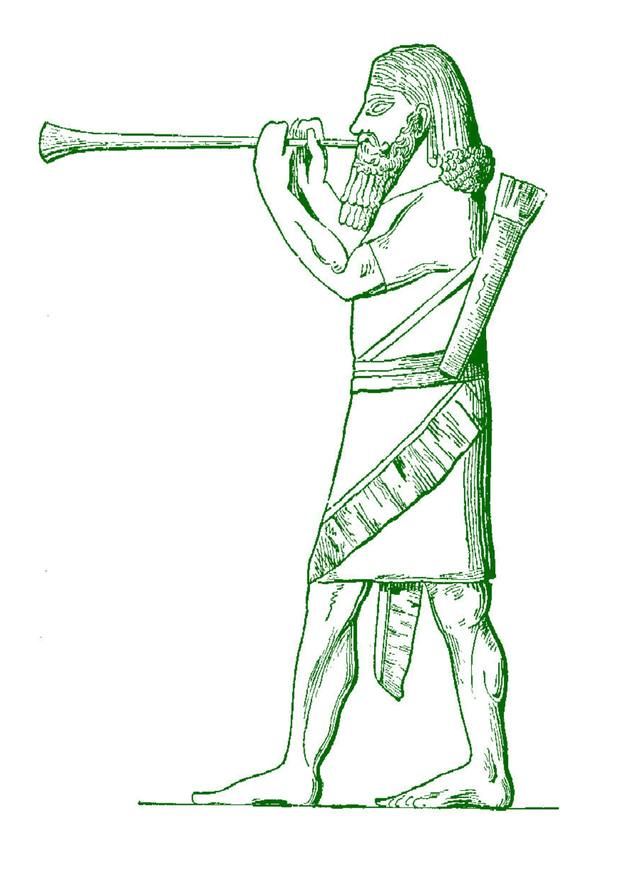
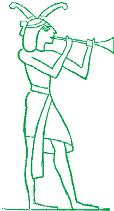
William Babell (1688-1723), a pupil of Dr Pepusch, was a fascinating character, known in Europe as a virtuoso harpsichordist and said to be on a par with Handel and Bach.
This webpage deals with the unascribed Hautboi [sic] Solo found in a manuscript in the Royal Academy of Music in London.
The new edition pairs it with another version found in a collection of Babell’s posthumous works, published in 1725.
Dr Pepusch enjoyed a long life, encompassing a wide range of interests: composer, theatre musician, Master of the Musick for the Duke of Chandos, prime mover in the Academy of Ancient Music, antiquarian, bibliophile, educator, Fellow of the Royal Society, organist of the Charterhouse ... the list goes on.
His two motets motets, Beatus vir and Laetatus sum, surely belong to Pepusch’s time with the Academy of Ancient Music and most likely date from between 1726 and 1734.
New editions of both motets (for SATB voices) are available as free PDF downloads.
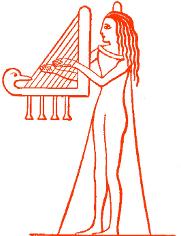
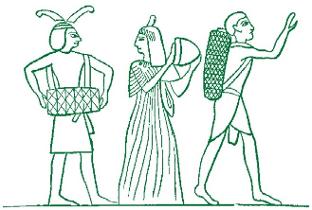
Details of Belfast’s first-ever Music Festival, organised by Edward Bunting in 1813. It included another first: Belfast’s first, near complete, performance of Handel’s Messiah.
Also included in the Festival were Haydn’s The Creation and three other ‘miscellaneous’ concerts. The feature includes players’ lists for Messiah (most of the orchestra, choir and soloists were from Dublin) and contemporary reviews of the Festival.
Also included in the Festival were Haydn’s The Creation and three other ‘miscellaneous’ concerts. The feature includes players’ lists for Messiah (most of the orchestra, choir and soloists were from Dublin) and contemporary reviews of the Festival.
A survey of music in Belfast from 1813 to the town’s next Festival in 1862 which celebrated the inauguration of the new William Hill & Son grand organ in the newly built Ulster Hall.
Read about Paganini, Liszt and Catherine Hayes visiting Belfast; the new Music Hall; the Victoria Hall; Dr Edmund Chipp; and the composing Earl of Belfast.
Read about Paganini, Liszt and Catherine Hayes visiting Belfast; the new Music Hall; the Victoria Hall; Dr Edmund Chipp; and the composing Earl of Belfast.
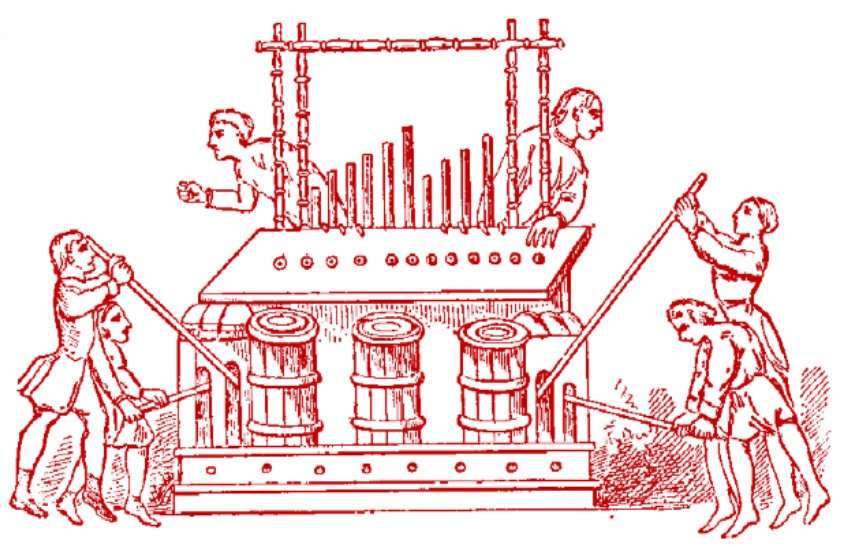
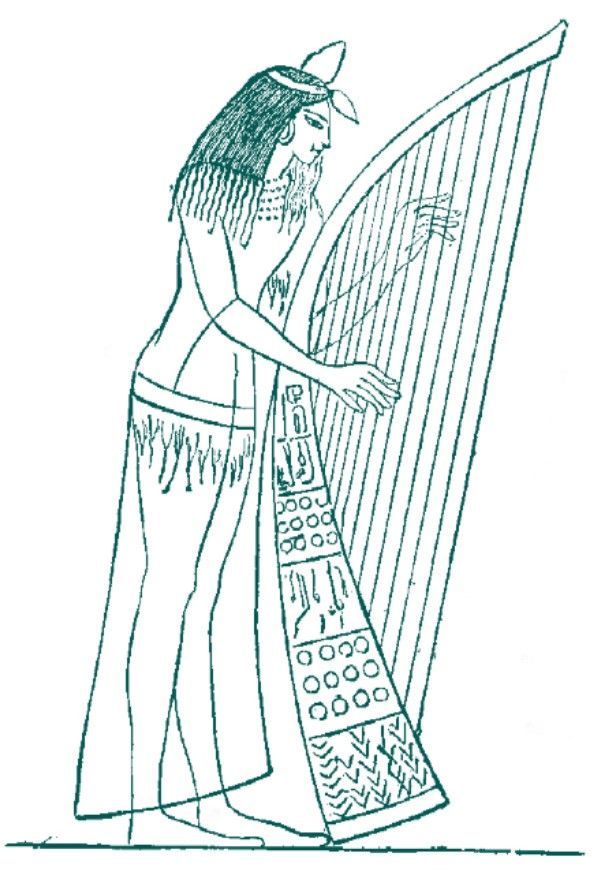
Joy, a fine viola player, grew up in Hillsborough, Co Down, where she met Sir Hamilton Harty, a previous occupant of the organist’s house. She married the composer Kurt Roger and, after his death, the musician and businessman Heinz Hammerschlag.
This feature is a transcript of a delightful talk given by Joy in 1985.
She recalls playing for Barbirolli in the Hallé Orchestra and for Sir Thomas Beecham and many others during her time playing in Washington’s National Symphony Orchestra. Also included is a PDF about the violinist and RAF fighter pilot, Peter Gibbs. Plus a photo of the Peter Gibbs String Quartet.
This feature is a transcript of a delightful talk given by Joy in 1985.
She recalls playing for Barbirolli in the Hallé Orchestra and for Sir Thomas Beecham and many others during her time playing in Washington’s National Symphony Orchestra. Also included is a PDF about the violinist and RAF fighter pilot, Peter Gibbs. Plus a photo of the Peter Gibbs String Quartet.
A biography and list of works (with some recorded excerpts) by an important Irish composer (1889-1943) who grew up in Coleraine. Edward Norman Hay’s works were performed and broadcast in Belfast, where he lived, and at the Proms in London and the Three Choirs Festival.
His String Quartet was published by the Carnegie Trust and he was Editor for the BBC’s Ulster Airs scheme of orchestral arrangements by Northern Irish musicians.
Hay’s writings as Rathcol, music critic of the Belfast Telegraph, were well-informed, trenchant and fearless.
His String Quartet was published by the Carnegie Trust and he was Editor for the BBC’s Ulster Airs scheme of orchestral arrangements by Northern Irish musicians.
Hay’s writings as Rathcol, music critic of the Belfast Telegraph, were well-informed, trenchant and fearless.
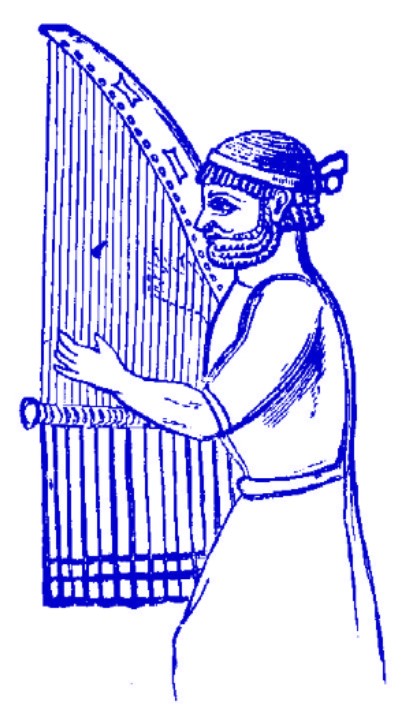
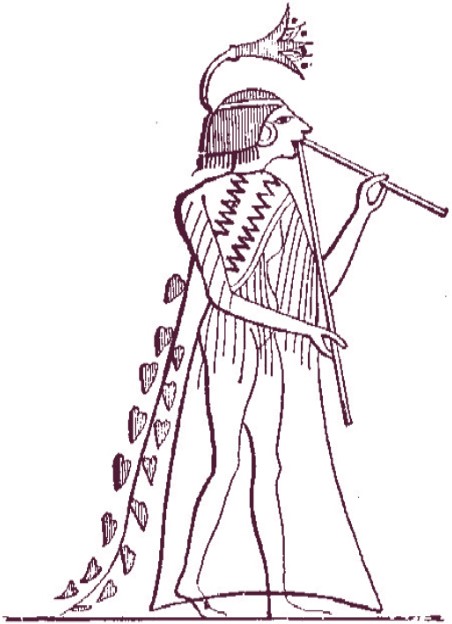
Arthur Frederick Monnier Harper (1886-1916) was the grandson of the land steward of Shane’s Castle, Co Antrim and the O'Neill family’s children’s Governess, Swiss-born Sophie Antoinette Monnier.
Violinist Arthur and his younger brother, cellist St Claire, both studied at the Brussels Conservatoire - Arthur with Ysaÿe. St Claire died aged 16 from tuberculosis; Arthur suffered a serious stroke in 1914, was paralysed and died on 02 January 1916 aged 29.
Read about Arthur’s remarkably varied career as a virtuoso violinist, a composer and one of the earliest aviation pioneers.
Writing in 1983, Joan Trimble reminisces about the Royal College of Music and Arnold Bax (a Royal Academy of Music man), along with Adrian Boult, Vaughan Williams and Glencolumbcille in Donegal.
The webpage also offers information on Joan Trimble’s 1957 television opera Blind Raftery and brief notes on three songs.
The webpage also offers information on Joan Trimble’s 1957 television opera Blind Raftery and brief notes on three songs.
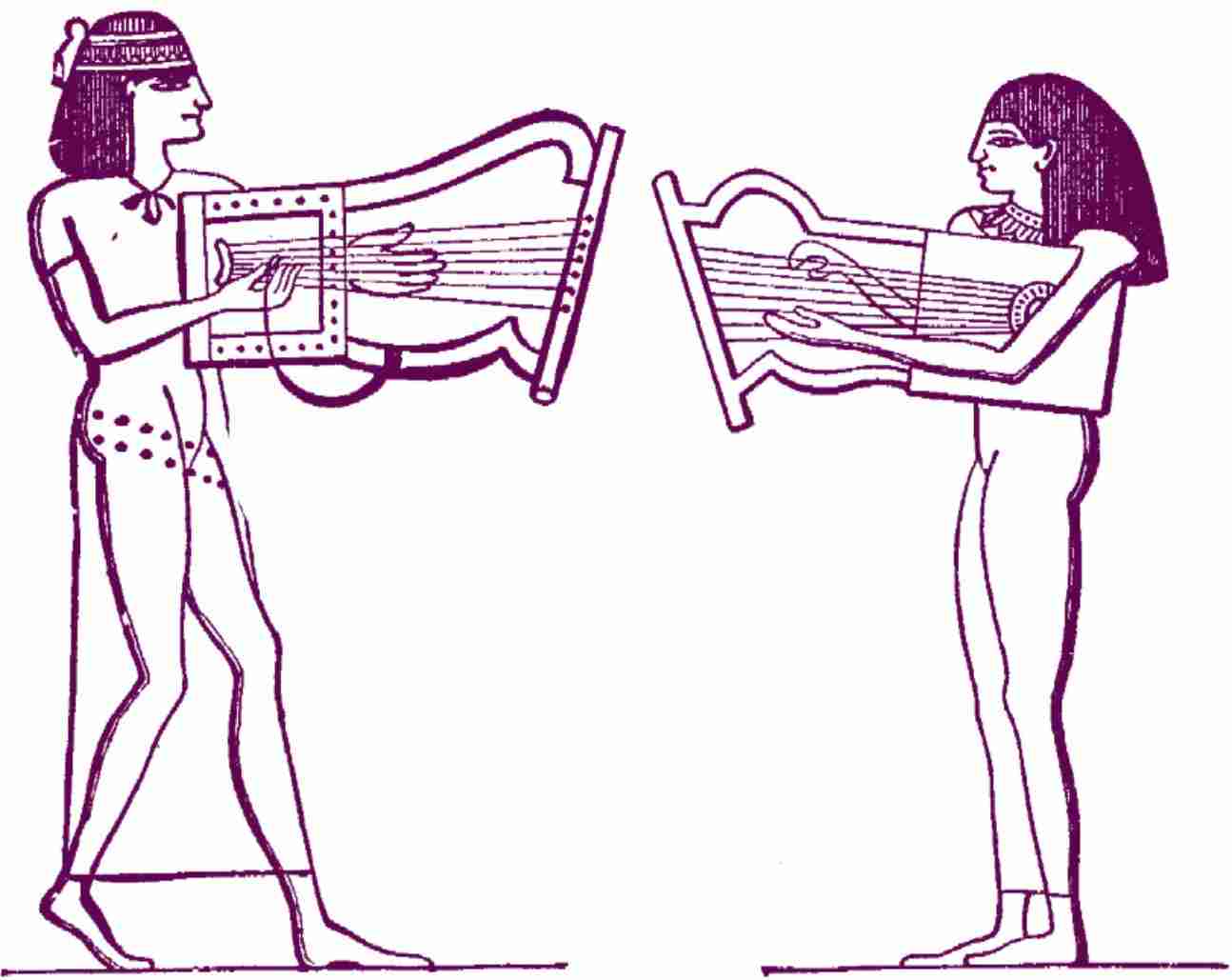

A short biography of the Northern Irish composer, Brian Raymond Thompson (1939-2023), including a catalogue of the currently known surviving manuscripts and some autograph scores.
The Irish composer Ina Boyle (1889-1967) wrote her String Quartet in 1934. This webpage provides a brief biography and details of the manuscript source in Trinity College Dublin used by David Byers in preparing his edition of the work.
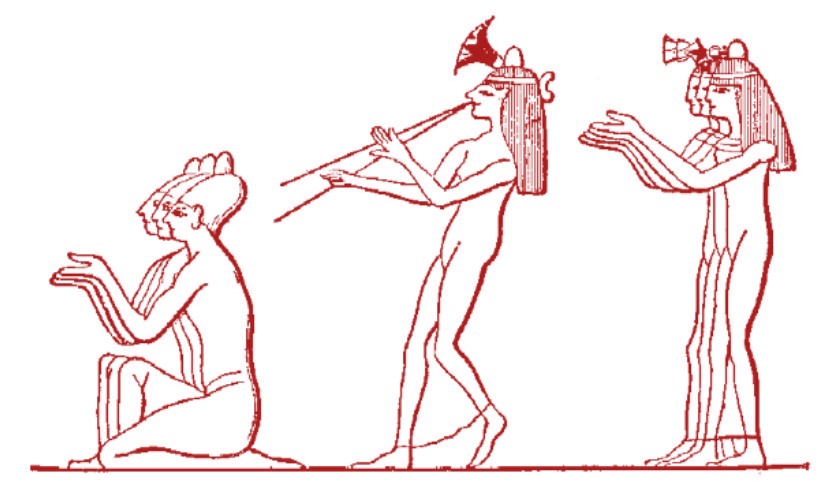
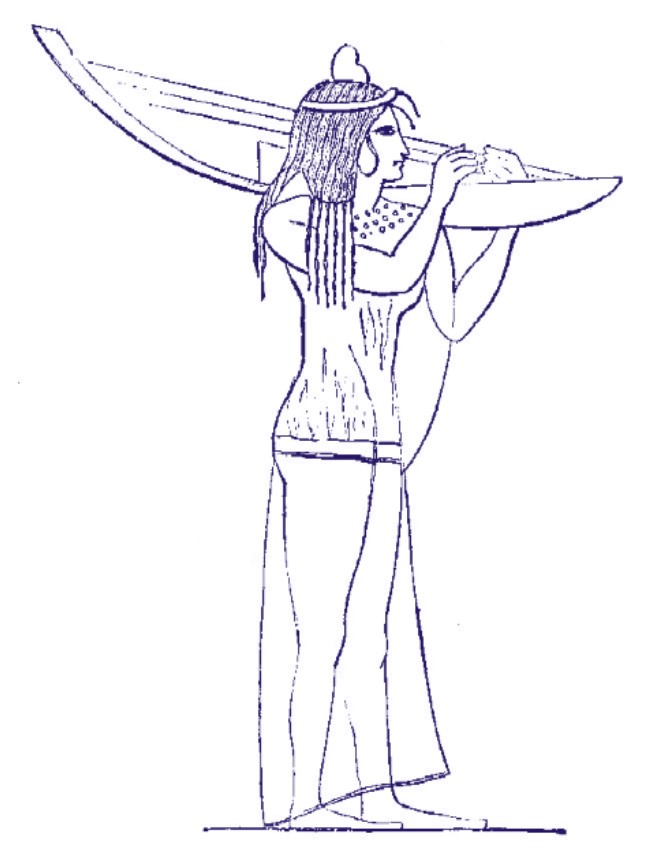
Ina Boyle’s setting of Edith Sitwell’s Still falls the Rain dates from 1948, six years before Britten’s setting as his Canticle III. This feature provides more information on the work which is now available in a new edition by David Byers. The music is scored for contralto and string quartet.
Janet Baker gave the first performance of this work for contralto (or mezzo) and string orchestra at London’s Wigmore Hall on 28 April 1960. This new edition seeks to make it fully accessible once again.
Ina Boyle (1889-1967) was a prolific composer at a time when women composers received scant attention. As her biographer Ita Beausang has said, ‘I think that the text [by Emily Brontë] reflects some significant aspects of her character – her determination, her spirituality, her commitment to her path in life and her courage.’
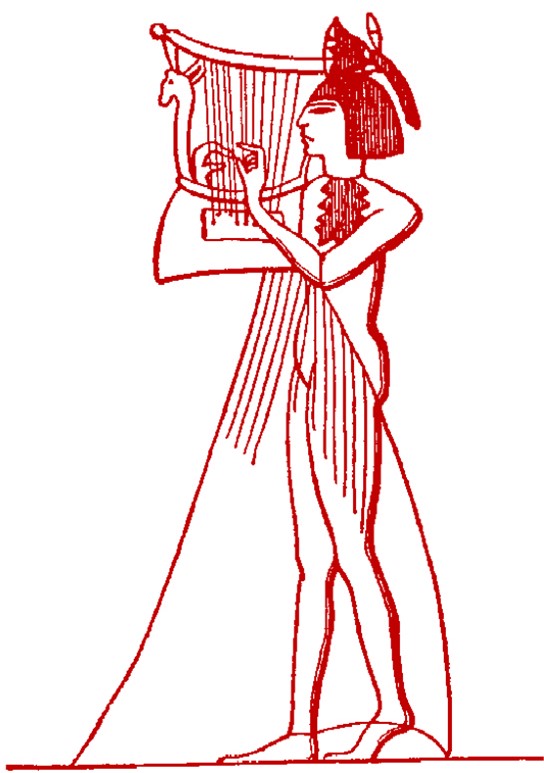
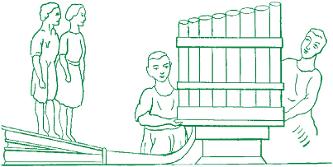
William Rea (1914-1993), organist and pianist, won a Festival of Britain prize for his Piano Sonata (1950). In 1952 he was one of four Irish composers chosen by an international panel to have works recommended for immediate copying to encourage performances abroad. The three others were Brian Boydell, Aloys Fleischmann and Frederick May.
This is what happens when one uses old Christmas cards to accompany new carols.
This 2017 example is a good example of where research can lead!
Minna Rider's life emerges from Chicago, through a good marriage (i.e.financially speaking!) to a wealthy life in Brooklyn, with luxury cross-Atlantic trips, divorce, golf, re-marriage, London, Biarritz and more. Her festive greetings in 1913 were to an important Viennese-born artist, Baron Robert Heinrich von Doblhoff, then living in Paris. Read all about them!
